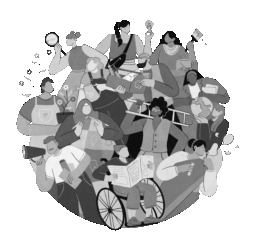The World Health Organization (WHO)’s Commission on Social Determinants of Health (CSDH) has called for ‘health equity impact assessments’ of all economic agreements, market regulation, and public policies, and for related training and capacity building. This is to examine current health impact assessment (HIA) methods in order to ensure their adequacy in the global policy context (WHO, 2008; Povall et al., 2013: 621). This rapid review summarises the literature on practical lessons and tools for use by government when conducting such assessments. As the focus is on experiences from sub-Saharan Africa (SSA), academic evidence is taken from Ghana, Kenya, Malawi, Sierra Leone, South Africa, Tanzania, and Zambia. However, ‘lessons learned’ are also taken from assessments/analyses in other non-SSA countries.
